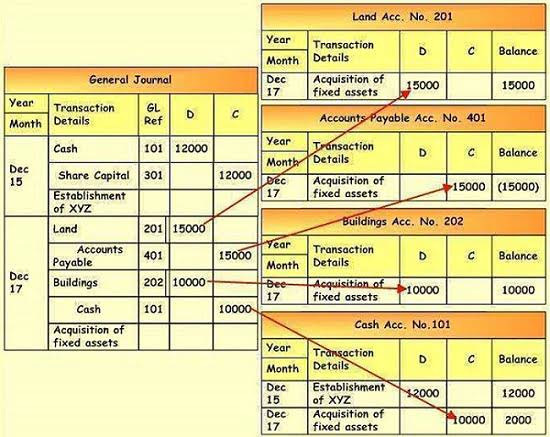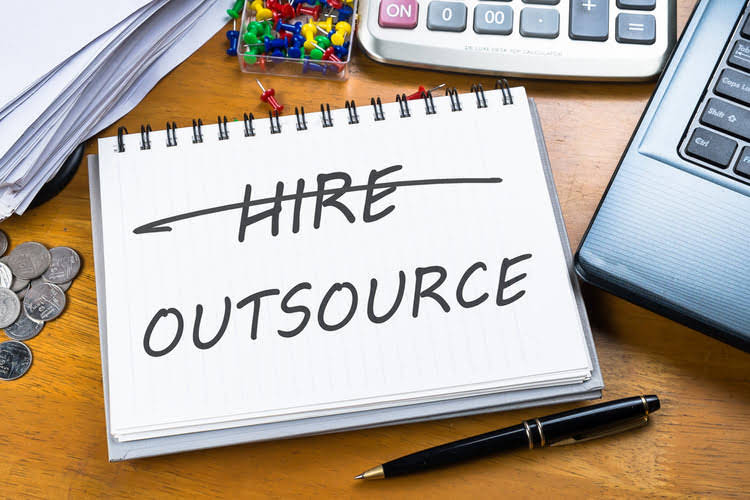
If he fails to remind his HR employee or any other professional who is in charge of taking the checks to the bank, they become stale-dated checks. It’s also a good idea to monitor your account and keep an eye out for outstanding checks that you’ve written. That way, you’re not only aware of your financial standing, but also shielding yourself from issuing a check when there aren’t sufficient funds to cover it. With a stale-dated check (meaning one that was issued more than six months ago), generally it is not illegal to deposit it, as long as you are not doing so with fraudulent intent. If you have a stale check, you might contact the issuer for a replacement, or ask your bank accounting and the issuing bank for guidance. So, say you were issued a refund check from your health insurance provider, reimbursing you for some medical services you received.

What type of checks goes stale?
Qualifying accounts can even access their paycheck up to two days early. If you are a business owner who has written a check that has never been cashed, it doesn’t mean that the money reverts back to you. Instead, it is possible that the money now belongs to the state per escheatment laws. Outstanding checks are checks that have been issued but not yet presented for payment or cleared by the bank. They represent pending transactions where the funds have not yet been deducted from the issuer’s account. These checks can pose risks such as overdrawing the account, potential fraud, accounting discrepancies, and delayed financial reporting.
- While a bank does have the right to refuse an old check — and even return it to the original issuer — it also might decide to honor it.
- Uncashed checks that are outstanding for over six months are considered stale.
- Stop payments are an essential factor as they highlight why bookkeeping is necessary for the success of your business.
- One way to avoid this occurrence is to maintain a balanced checkbook.
- Stale checks are the result of the check expiry period passing, which is six months after the check issuance date.
- They represent pending transactions where the funds have not yet been deducted from the issuer’s account.
What to do to avoid stale dated checks?
As a business owner, you should take time to clearly outline how your company handles stale checks. The first step to implementing a practical company policy for stale-dated checks is to understand state laws. Consider the type of unclaimed property you could potentially have and investigate the state dormancy period for each. A cashier’s check is essentially a check drawn on the bank’s own funds. Certified checks are personal checks from a bank account and guaranteed by the bank. They typically don’t expire but are often subject to state unclaimed property laws.

Editorial Independence

Escheatment is the process by which banks and other financial institutions turn over unclaimed property to the government. All states have created programs that handle this unclaimed property and attempt to return it to its rightful owners. If a check remains outstanding for an extended period, it may become stale-dated, and the bank may refuse to honor it. The payee should contact the issuer to request a new check if this occurs. Last, outstanding checks might have an impact on management of the cash flow. Another thing a person can do to prevent a stale check from clearing is to freeze their account.
- SoFi does not guarantee or endorse the products, information or recommendations provided in any third party website.
- While personal and business account checks expire after 180 days, other types of checks can have different expiration dates.
- It prevents the other business owner who is on the client-side of the table from cashing old and new checks, thereby maintaining transparency in the business.
- Money orders generally don’t expire, but some issuers may charge a fee if the payee doesn’t cash it within a certain time frame.
- It will also prevent the person from making any deposits, as all transactions will be effectively stopped or “frozen” until the account is unfrozen.
Someone who wrote a personal check is probably not prepared for the hit their checking account balance will take if you cash it months later. Ruled that banks can retrieve funds after the issuer’s requested void period unless stale check definition that person specifically instructed the bank not to honor the check after that time frame. Banks are still allowed to process a stale check as long as the institution deems the funds are good. A Federal Reserve regulation says a bank doesn’t have to deposit a check if it has reason to doubt that it’ll be able to collect the money from the paying bank. Banks don’t have to accept checks that are more than six months (180 days) old. That’s according to the Uniform Commercial Code (UCC), a set of laws governing commercial exchanges, including checks.
How Outstanding Checks Work
- A stale check is one that has not been cashed after a certain period of time.
- The possibility of clearance of the business amount lies with the bank itself.
- Yes, uncashed checks are considered income if you received documentation, such as W-2 and 1099 forms, that includes them.
- Also, the issuers of checks sometimes note a time limit on their checks’ validity on the face of the check.
- This information should not be considered complete, up to date, and is not intended to be used in place of a visit, consultation, or advice of a legal, medical, or any other professional.
Or you might reach out to your own bank and the bank that issued the check to hear their policies on stale checks. That can help you avoid having the check returned and your account debited a fee. Generally, a “stale check” (also called a “stale-dated check”) is an uncashed check that’s more than six months old. Although banks, credit unions or other financial institutions might let you cash or deposit an outdated check into your account, the law doesn’t require them to do so. Stale-dated checks are outdated checks issued to the bank after the payment date has expired. Hence, an employer must be very cautious about issuing checks for different departments including payroll and other business areas.